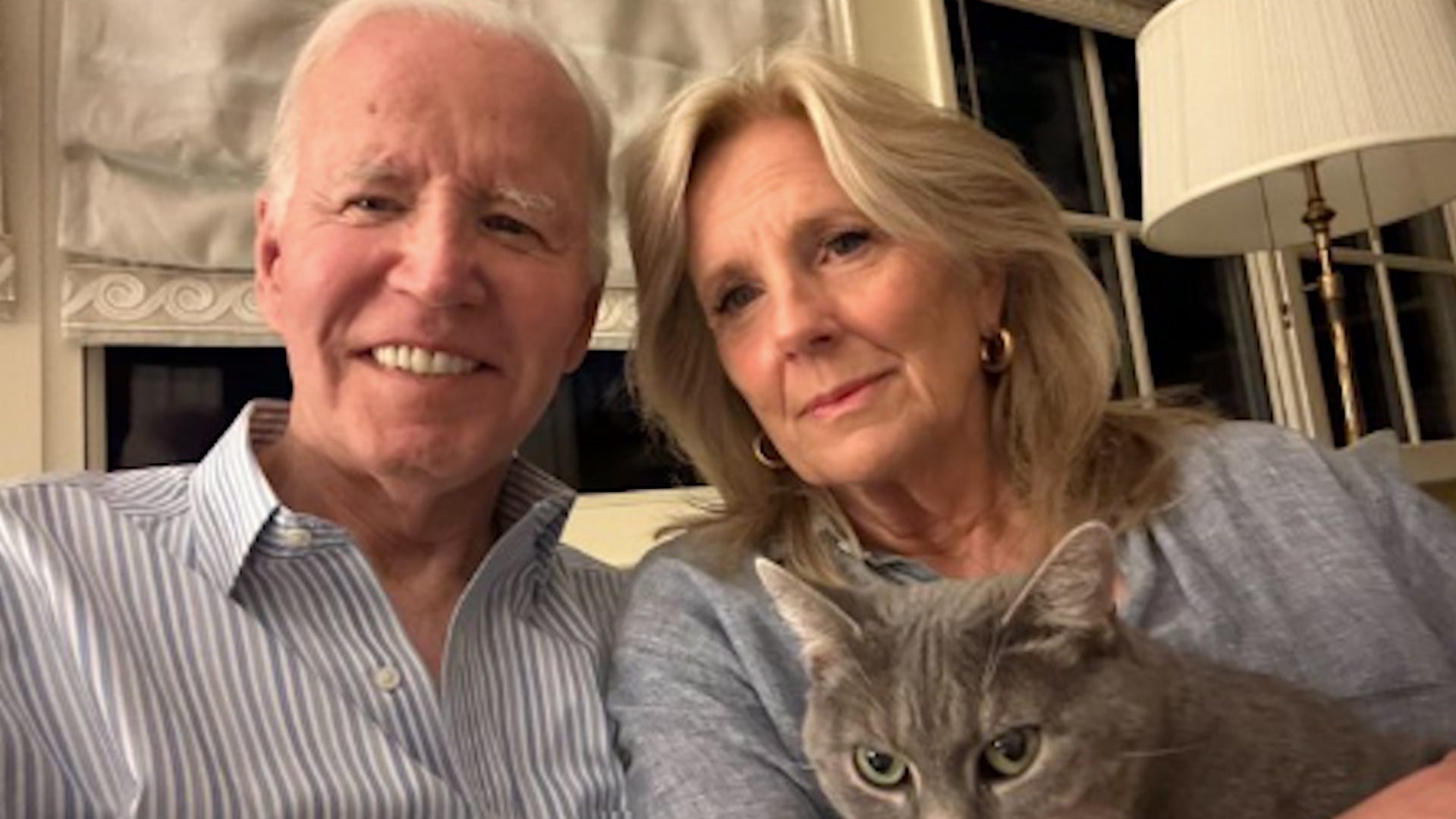Biden's diagnosis shows two things. Cancer hits everyone and some forgot that | Opinion
There are questions to ask about Joe Biden's cancer diagnosis. But there is also a reminder that we'll all face that situation in same way.

Earlier this week, former president Joe Biden announced that he’d been diagnosed with an aggressive form of prostate cancer. For the millions of us who’ve been told, “You have cancer,” this kind of diagnosis is a deeply personal and painful moment that takes time to absorb.
Then, we’re faced with what seems like a zillion other questions, including whether to reveal the diagnosis and to whom. It was wrenching when I heard those three words when I was only 26.
Days before Biden’s announcement, a friend wrote to let me know that she’d been diagnosed with breast cancer, and that she had waited two weeks before telling anyone but her husband because she wanted her son’s wedding to go off without a cloud in the sky.
As she put it, “Two weeks before the wedding, I heard, ‘Yes, it is breast cancer and it’s in the lymph nodes so we need to see if it’s spread….’” She has a sense of humor, and so she continued, sharing her to-dos. “All the scans and tests and MammaPrint—breast cancer crash course on staging, chemo, radiation, surgery, reconstructive surgery, wigs, side effects … oh, and don’t forget to order the flowers for the rehearsal dinner.”
There is no one-size-fits-all when it comes to cancer. We try to do the best we can.
The reaction to Biden's cancer diagnosis was telling
Upon hearing the news, most politicians—whether Republican or Democrat—issued heartfelt statements of condolence, similar to what Senator Susan Collins (R-Maine) posted on Facebook:
“I am saddened to hear of President Biden’s cancer diagnosis and am wishing him and his family well as he begins treatment.”
If you’re taking notes, this is what you do when a friend, family member or colleague tells you they have a serious illness. You may even add in a hug.
I couldn’t help but notice that after some perfunctory condolences, others jumped in accusing Biden of a cover-up. As one commentator said on Fox News, “That’s a terrible thing for him and his family, so I hope he beats it. But look, I don’t believe that they just found out Friday because they’re not credible on anything they’ve done.”
That turned into a drum roll, leading to bipartisan conspiracy theories about when Biden knew.
“I don’t think it’s coincidental that this was announced this week,” former Representative Dean Phillips (D-Minnesota) told the New York Times. “It’s hard to comport otherwise.”
It doesn’t help the president’s case that Original Sin, a book by Jake Tapper and Alex Thompson, had just been published, alleging Biden insiders papered over his cognitive decline.
The current president weighed in, too, telling reporters:
“I’m surprised that ... the public wasn’t notified a long time ago because to get to stage 9 [the stage of disease that Biden faces is] that's a long time." Trump added, “[S]omebody is not telling the facts. … It’s a big problem.”
By the way, Biden does not have “stage 9” disease; there’s no such thing. The nine refers to his Gleason score, which is a way of assessing how likely cancer cells are to grow and spread.
Knowledge matters. Understanding, even more so.
If cancer has touched your life, you know to pause before reacting
But yes, the former president has advanced and metastatic cancer. Medical experts agree that Biden had this cancer for some time, no doubt during his presidency. But “having” it is not the same as “knowing” it, which is also different than “hiding” it.
When my sister was diagnosed with advanced ovarian cancer in late 2017, it was clear to both of us that she’d had the disease for quite some time, likely years. But she only found that out after all the necessary tests, including a nine-hour “debulking” surgery. Diagnosis, staging and developing a treatment plan take time, whether you’re a former president or one of the 2 million Americans who will be diagnosed this year.
Biden’s critics have rushed to judgment, which is never wise, and even less so in frightening medical situations. Sometimes those of us with cancer get ahead of ourselves, too, finding ourselves going down rabbit holes. This is why I try to practice a philosophy of “wait to worry”−or stay in the present.
Patience, people.
As the days go by, we’re learning more. In fact, since the initial announcement, a Biden spokesperson disclosed that the president received his last known blood test, what’s known as the PSA, to check for prostate cancer, in 2014, when he was 72. (He’s now 82.) That’s in line with the current guidelines from the U.S. Preventive Services Task Force, which “recommends against PSA-screening for prostate cancer in men 70 years and older.” (According to its website, this recommendation is currently being updated.)
More than 600,000 Americans will die from cancer this year, according to the National Cancer Institute; even with improved treatments and outcomes, this disease–“the emperor of all maladies”–is frightening.
I think about my friends with this disease, not to mention my sister, and try to remember to think before I speak or tweet. And to lead from the heart because, as we all know, “there but for the grace of God go I."
Steven Petrow is a columnist who writes on civility and manners and the author of seven books, including “The Joy You Make” and "Stupid Things I Won't Do When I Get Old." Follow him on Threads: @mr.steven.petrow